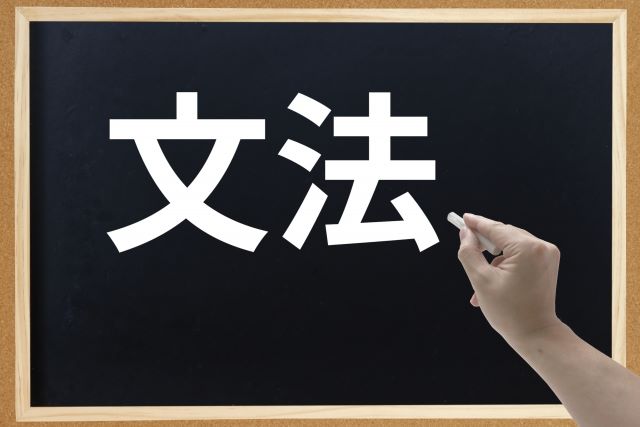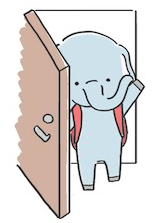Blog Thread
- Japanese Online Newsletter Vol. 181 「最後の侍」と「侍の最後」違い(さいごのさむらいとさむらいのさいごちがい)


「最後の侍」と「侍の最後」という言葉の違いがわかりますか。映画にもなったLast Samuraiは最後の侍で、侍というクラスに分類される人たちの中で最後になった人を示します。反対に侍の最後とは侍と言われる人たちが全て終わってしまうという意味です。「最後の侍がいなくなったとき、侍は最後を迎えました。」といった文章が作れます。
「■■■の▲▲▲」と言う場合、■■■が主語で、▲▲▲が状態を示します。「■■■な▲▲▲」も同様ですが、「な」の前には「きれい」などの形容詞が来ます。従って「最後な侍」と「侍な最後」とは言いません。
「世界の終わり」は、世界が終わることを意味しています。「終わりの世界」は、世界が終わるときの世界を意味しています。英語で言えば End of the world と World that Ends と訳するのが正しいように思います。
次に、「が」という接続詞を見てみましょう。「最後が侍」ということばは、最後に来たのが侍という意味合なります。「侍が最後」とは、「最後が侍」と同じ意味なのです。では、「花が赤」と「赤が花」を見てみましょう。「花が赤」とは花が赤い、赤いものの中に花が含まれます。「赤が花」は、赤いものはすべて花だという意味なので、この文章は成立しません。
今日は簡単に2つの言葉をつなげる接続詞の一部を説明させていただきました。
The Difference Between "Saigo no Samurai" and "Samurai no Saigo"
Do you know the difference between "saigo no samurai" and "samurai no saigo"? "Saigo no samurai", which has been made into a movie, refers to the last samurai, the last person in the samurai class. On the other hand, "samurai no saigo" means the end of all those who are classified as samurai. We can write sentences such as, "Saigo no samurai ga inaku natta toki, samurai wa saigo wo mukae mashita." ("When the last samurai is gone, samurai have come to an end.")
When we say "■■■ no ▲▲▲▲," ■■■ is the subject and ▲▲▲▲ indicates the state of affairs. The same is true for "■■■ na ▲▲▲▲," but the "na" is preceded by an adjective such as "beautiful. Therefore, we cannot say "saigo na samurai" or "samurai na saigo."
"Sekai no owari" means the end of the world. "Owari no sekai" means the world at the end of the world. The correct translation in English is "End of the world" and "World that ends."
Next, let's look at the conjunction "ga." The phrase "saigo ga samurai" means that the samurai came last. "Samurai ga saigo" also means the same thing as "saigo ga samurai." Now, let's look at "hana ga aka" and "aka ga hana." "Hana ga aka" means flowers are red, and red things include flowers. The sentence "aka ga hana" implies that everything red is a flower, so this sentence is invalid.
Today I explained some of the conjunctions that connect two words.

sign up for the Japanese-Online Newsletter
__..-・**・-..__..-・**・-.._ あいうえお かきくけこ さしすせそ たちつてと なにぬねの はひふへほ まみむめも やいゆえよ らりるれろ わゐうゑを ん __..-・**・-..__..-・**・-.._
#JapaneseOnline #LearningJapanese #FreeJapaneseLessons #JapaneseVideoLearning #JapaneseAnime #Anime #JapaneseFood #Bloguru
- If you are a bloguru member, please login.
Login
- If you are not a bloguru member, you may request a free account here:
Request Account